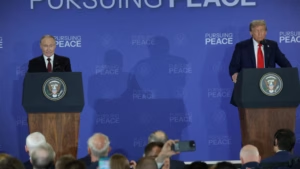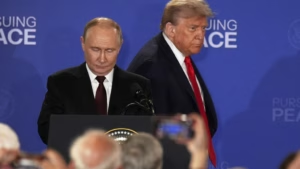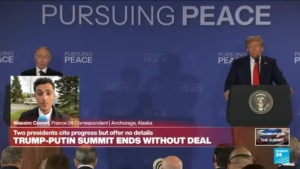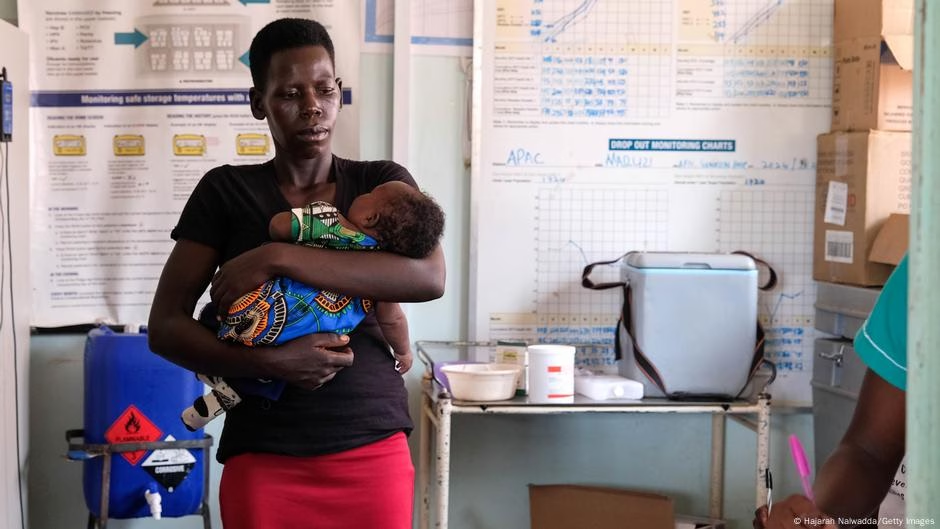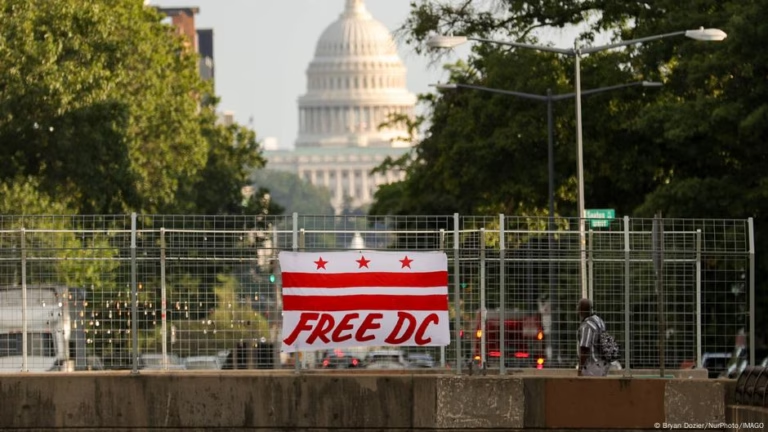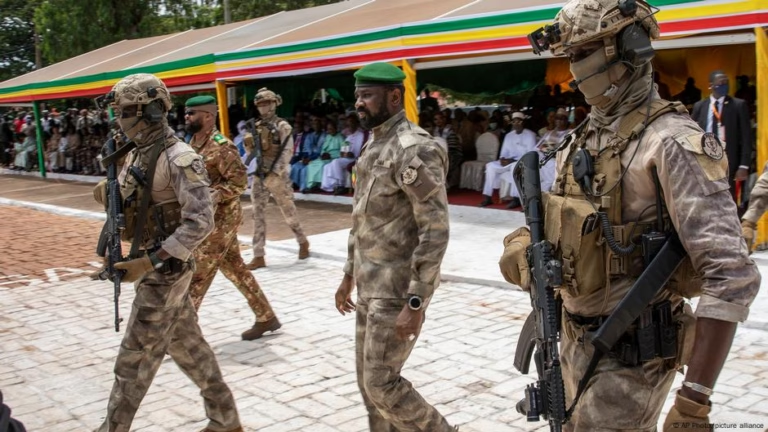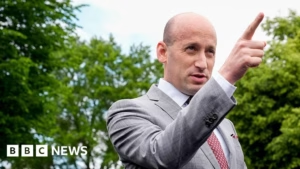Access to medication is a significant challenge for inhabitants of remote South African villages, especially for HIV patients like 19-year-old Nozuko Majola, who must travel more than an hour to receive their essential antiretroviral medication. This was not always the case, however, as the medication used to be delivered directly to their homes. The decision by Donald Trump to cut aid has led to the cessation of these deliveries. Majola is concerned about the future of this service and its potential cancellation, considering the crucial role it plays in her life and those of an estimated 8 million HIV-infected individuals in South Africa, a country with one of the highest HIV rates worldwide. Other individuals, like Nozuko Ngaweni, who has been dependent on antiretroviral medications for decades, are also alarmed about their future health and access to medication in light of the aid cuts.
The United States has been a significant donor to South Africa’s health sector, particularly in combating HIV/AIDS. In 2023, the U.S. provided South Africa with $400 million (€352 million) in funding. However, the cuts in U.S. funding for South Africa’s HIV/AIDS programs could lead to more than 500,000 deaths over the next decade, according to Linda-Gail Bekker, the head of the Desmond Tutu HIV Foundation. These funding cuts come after President Trump issued an executive order that paused foreign aid assistance for 90 days, ultimately leading to the dismantling of USAID as an independent agency and a reduction of 90% in foreign contracts and grants funded by the U.S. aid agency.
These cuts have had a devastating impact not only on South Africa but also on other African countries. Sub-Saharan Africa, which is the second-largest recipient of USAID funding, could see up to 4 million more deaths from treatable diseases due to the loss of U.S. funding. The cuts are affecting various sectors, including the fight against HIV/AIDS, tuberculosis, and malaria. The decrease in HIV/AIDS funding is especially concerning, as the U.S. is no longer funding UNAIDS, the UN’s HIV/AIDS funding program. In Kenya, for instance, funding has drastically decreased from $846 million to $66 million for 2025, resulting in the closure of numerous HIV treatment centers and leaving up to a million HIV-infected individuals without medication.
Experts fear that these funding cuts will not only disrupt the fight against HIV/AIDS but also undo the progress made in disease prevention and treatment over the past decade or two. The cuts in funding for malaria prevention programs are particularly concerning, as malaria claims 600,000 lives annually, most of them children under the age of 5 in Africa. Additionally, the U.S. funding cuts to Gavi, the Vaccine Alliance, could result in 75 million children missing routine vaccinations over the next five years, leading to up to 1.3 million preventable deaths. Despite these setbacks, there is hope that other countries will step in to fill the funding gaps and continue the progress made in combating infectious diseases.
Source: https://www.dw.com/en/how-hard-are-the-usaid-cuts-hitting-africa/a-72464620?maca=en-rss-en-all-1573-rdf
